For Blacksmith Caleb Nolen, Homestead literally is his heritage.
He was seven years old when his family settled in the community of Homestead Heritage. Growing up, he tried his hand at a number of trades, before settling down with the one he loves: blacksmithing.
At first glance, it, seems an odd choice. The pleasant, personable and bespectacled Nolen doesn’t look like your typical blacksmith. His appearance is more that of a young college professor, not a man who spends his day swinging hammers to strike and temper metal. But blacksmithing is a profession he embraces wholeheartedly.
“It’s a very historical craft – one of the oldest recorded trades,” Nolen explains. “The ability to use iron for making tools has transformed societies. Here in America, blacksmithing was one of the first trades they wanted to establish in a new community.” And blacksmithing was a critical element of George Washington’s Continental Army, as he recruited 40 into his regiment of the Corps of Artificers, along with carpenters, 20 wheelwrights, tinners and turners, and harness makers to be enlisted for one year to work in an artillery shop in Pennsylvania.
The products a blacksmith makes are as diverse as the customers, bringing to mind the notion that a blacksmith may be the original jack-of-all-trades, which suits Nolen’s daily variety. One day it’s a restaurant or bar that wants an ornamental metal deer rack. Another day it’s someone who wants a new claw foot for an old bathtub, or a metal mirror frame adorned with butterflies or flowers.
And still other days, it’s axes.
Of all the surprising twists of recent years is the growing interest in axe-throwing, which has grown so strong that it leads to international competitions. Nolen has become very proficient in making axes – both the traditional kind and those for throwing. He even took a trip to Sweden to study axe-making there.
Nolan’s passion for his trade shows in how deeply he knows its history – and the symbolism of it.
One minute he can wax philosophically about the unique characteristics of iron – that you can mix it with an organic compound, carbon – to make a harder metal, steel, and how unique and symbolic that is of nature as a whole. The next, he’s playfully dropping into his conversation old blacksmithing terms like “irons in the fire” and “forging ahead.” He laughs with a wry grin at his own joke, but here too is a lesson: how deep and connected this pre-industrial industry is with our human history and cultural inheritance.
“Metal is infinitely recyclable,” he points out. “Some of the metals of everyday use have been in circulation since the Egyptians.”
That deeper connection runs through everything at Homestead Heritage, he says. The crafts that he and others in the community make are much more than kitsch items to sell to tourists.
“We see these crafts as a steppingstone to a home economy,” he said. “The industrialization, not only of our work, but our life, our thinking and where we approach family and relationship between ourselves others,” he says, has left so many people alienated. Working in home-based trades is really a roundabout way to undo that process, and is what inspired Nolen to start his own small business together with his brother, running the Heritage Forge in the Homestead Craft Village.
“It’s really the relationship – it’s not so much about the crafts in and of itself,” he said. “Our way of life brings us together in a very intentional way. We wanted to focus on our families, on getting our relationship right between ourselves and the community. And what a better way than to work together, you know, to have one generation teaching the next generation the way it used to be.”
Read the full press release here.
